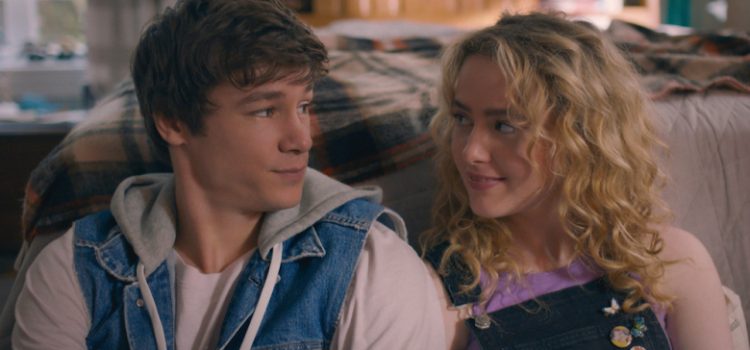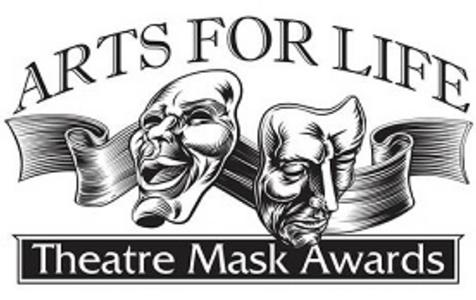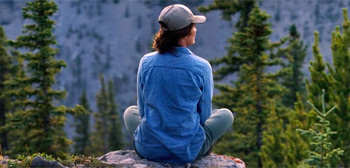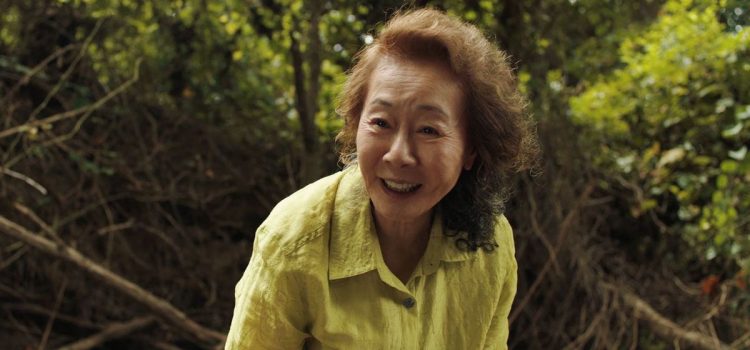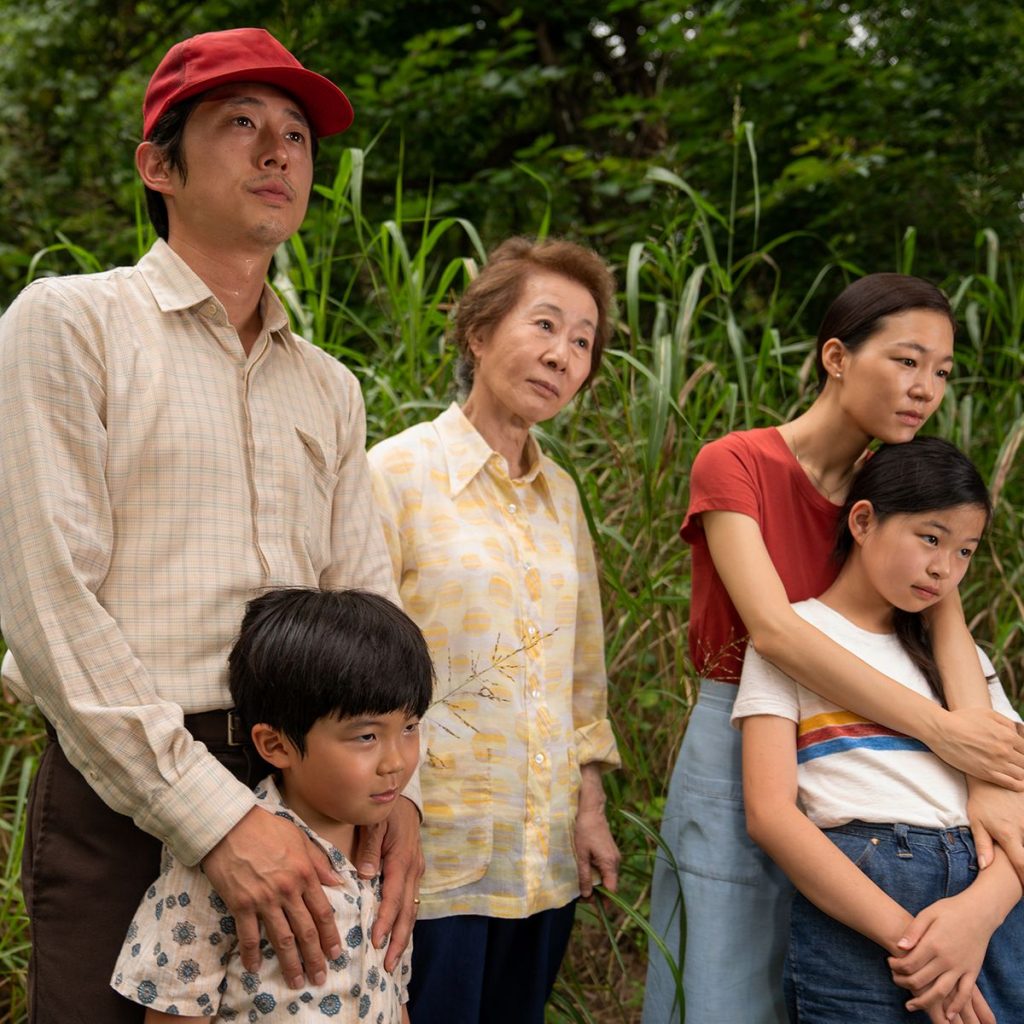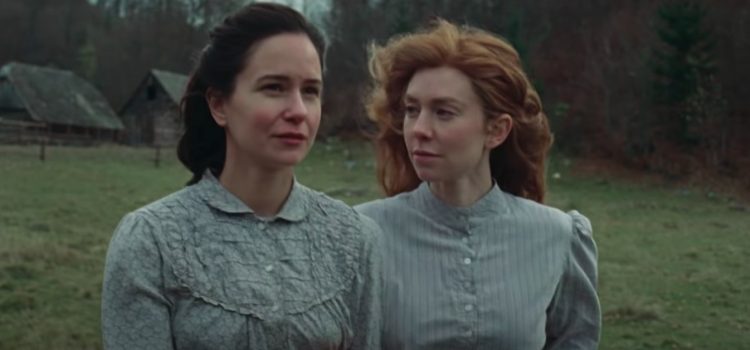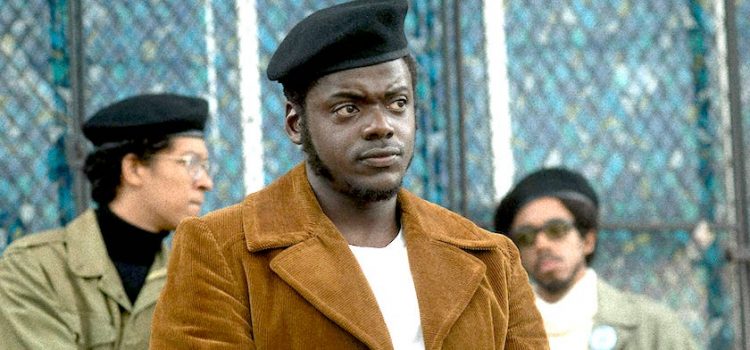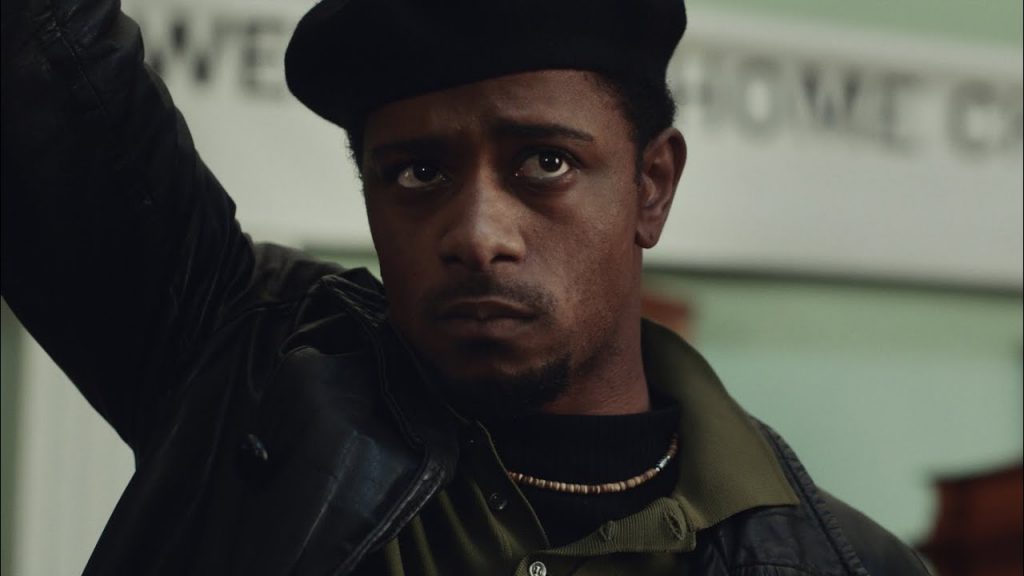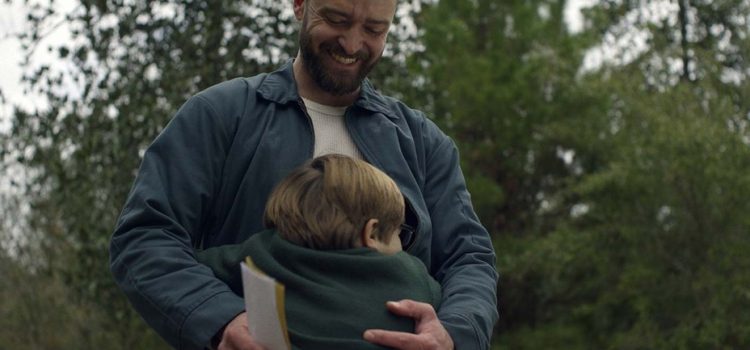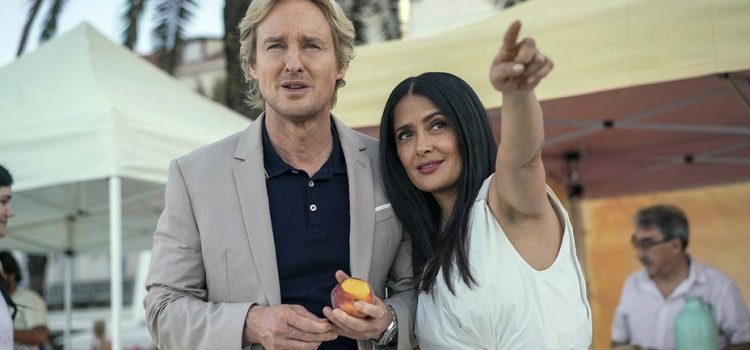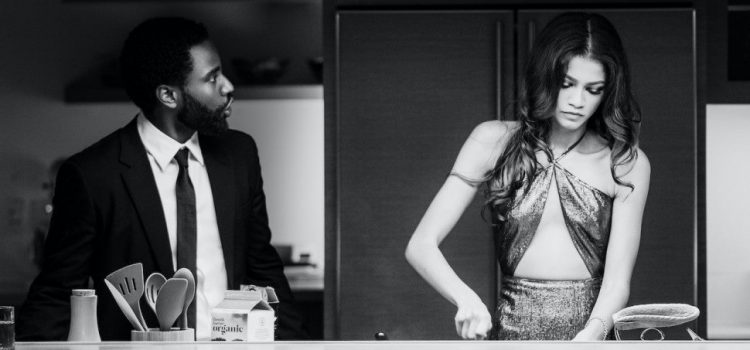The Critics Choice Association (CCA) has announced that award-winning actress and activist, and current Critics Choice Award nominee, Zendaya will receive the fifth annual SeeHer Award at the 26th annual Critics Choice Awards. The honor will be presented by her “Malcolm & Marie” co-star John David Washington during the live ceremony on Sunday, March 7, 2021 from 7-10pm ET/PT hosted by Taye Diggs.
The SeeHer Award recognizes a woman who embodies the values set forth by the SeeHer movement, to push boundaries, defy stereotypes and acknowledge the importance of authentic portrayals of women across the entertainment landscape. SeeHer is the leading global movement for accurate portrayals of women and girls in media. Led by the Association of National Advertisers (ANA), SeeHer is a collective of leading marketers, media organizations and industry influencers committed to creating advertising and media content that portrays women and girls as they truly are. Previous award recipients are Kristen Bell, Viola Davis, Claire Foy, and Gal Gadot.
“We are so proud to be a part of the Critics Choice Awards, and celebrating our fifth SeeHer Award,” said Nadine Karp McHugh, President, SeeHer. “We are delighted to be presenting the award to Zendaya, who is such a strong representation of what it means to be a woman in 2021. One of the busiest rising stars in Hollywood – with a generation of Disney Channel fans, Marvel devotees and ‘Euphoria’ evangelists – she is a role model and leading voice of her generation. From being the youngest actress to win an Emmy for Outstanding Lead Actress in a Drama Series to using her platform to advocate for Black women in Hollywood, she is showing the next generation that you are never too young to use your voice to make a difference. Inspiring girls everywhere to see themselves in their full potential, Zendaya represents everything SeeHer is.”
Emmy Award-winning actor Zendaya is one of the most prominent and influential names in the entertainment industry today. Born and raised in Oakland, California to two teachers, Zendaya grew up performing, having spent a lot of her time at the local theater where her mother worked. She is currently starring in Netflix’s “Malcolm & Marie,” now available to watch globally, for which she also serves as a producer. Her role as Marie earned her a Critics Choice Award nomination for Best Actress this year.
Zendaya launched her career as an actress on the Disney Channel starring in the hit series “Shake It Up” for three seasons and Disney’s “K.C. Undercover” for three seasons, which she also helped produce.
Zendaya moved to the big screen in 2017, when she played the role of MJ in Marvel’s “Spider-Man: Homecoming” followed by its sequel “Spider-Man: Far From Home” that premiered July 2019. She recently starred in the HBO and A24 hit series “Euphoria” for which she won the 2020 Emmy Award for Outstanding Lead Actress in a Drama Series.
She can next be seen in Warner Bros. highly anticipated movie “Dune” which will be released in October 2021.
Other film projects have included “The Greatest Showman” in which she played trapeze artist Anne Wheeler opposite Zac Efron and Hugh Jackman. The film was released in 2017 and instantly became a cult classic. In 2018 Zendaya played the voice of Meechee, a young yeti in the animated musical film “Smallfoot.”
Zendaya is currently a beauty ambassador for Lancôme, as well as an ambassador for Bulgari and for Valentino.
Critics Choice Awards are bestowed annually to honor the finest in cinematic and television achievement. Historically, they are the most accurate predictor of Academy Award nominations.
The 26th annual Critics Choice Awards show will be produced by Bob Bain Productions and Berlin Entertainment. The CCA is represented by Dan Black of Greenberg Traurig. The show will continue its combined Film and Television awards format, honoring the finest in both cinematic and televised/streaming achievement. In response to the COVID-19 pandemic, the 26th annual Critics Choice Awards show will be an in-person/virtual hybrid, with Diggs and some of the evening’s presenters filming from a stage in Los Angeles, and nominees appearing remotely from various locations around the world.
Follow the 26th annual Critics Choice Awards on Twitter and Instagram @CriticsChoice and on Facebook/CriticsChoiceAwards. Join the conversation using #CriticsChoiceAwards.
Digital assets and artwork can be found HERE.
About the Critics Choice Association (CCA)
The Critics Choice Association is the largest critics organization in the United States and Canada, representing more than 400 television, radio and online critics and entertainment reporters. It was established in 2019 with the formal merger of the Broadcast Film Critics Association and the Broadcast Television Journalists Association, recognizing the blurring of the distinctions between film, television, and streaming content. For more information, visit: www.CriticsChoice.com.
About SeeHer
Despite strides made in recent years to accurately portray women and girls in media, unconscious bias persists throughout advertising and entertainment. The average age, race, body type, and other aspects of women depicted in media today still represents only a small fraction of the female population. Led by the Association of National Advertisers (ANA), SeeHer is a collective of marketers, media organizations and industry influencers committed to creating advertising and supporting content that portrays women and girls as they really are. It launched in June 2016 in partnership with The Female Quotient (The FQ) in Washington DC at the United State of Women. To help marketers benchmark success, the group developed Gender Equality Measure® (GEM®), the first research methodology that quantifies gender bias in ads and programming. GEM® shows that content portraying females accurately dramatically increases both purchase intent and brand reputation. In 2017 GEM® won the prestigious ESOMAR Research Effectiveness Award. The methodology quickly became the industry standard, which led to a global rollout in 2018. In 2019, the movement expanded into new verticals: sports (SeeHer In Sports) and music (SeeHer Hear Her). Visit SeeHer.com and follow @SeeHerOfficial on Facebook, Instagram, and Twitter.
About The CW
THE CW TELEVISION NETWORK, a joint venture between Warner Bros. and CBS, launched in 2006. The CW is a multiplatform network that broadcasts a six-night 12-hour primetime lineup, Sunday through Friday and streams its ad-supported content, free, without login or authentication on CWTV.com and The CW app which is available on every major OTT platform. In daytime, The CW broadcasts a Monday through Friday afternoon block, and a three-hour Saturday morning kids block. The CW’s digital network, CW Seed, launched in 2013, and offers beloved limited-run series, as well as past seasons of recent fan-favorite television shows. For more information about the network and its programming, visit www.cwtvpr.com.

